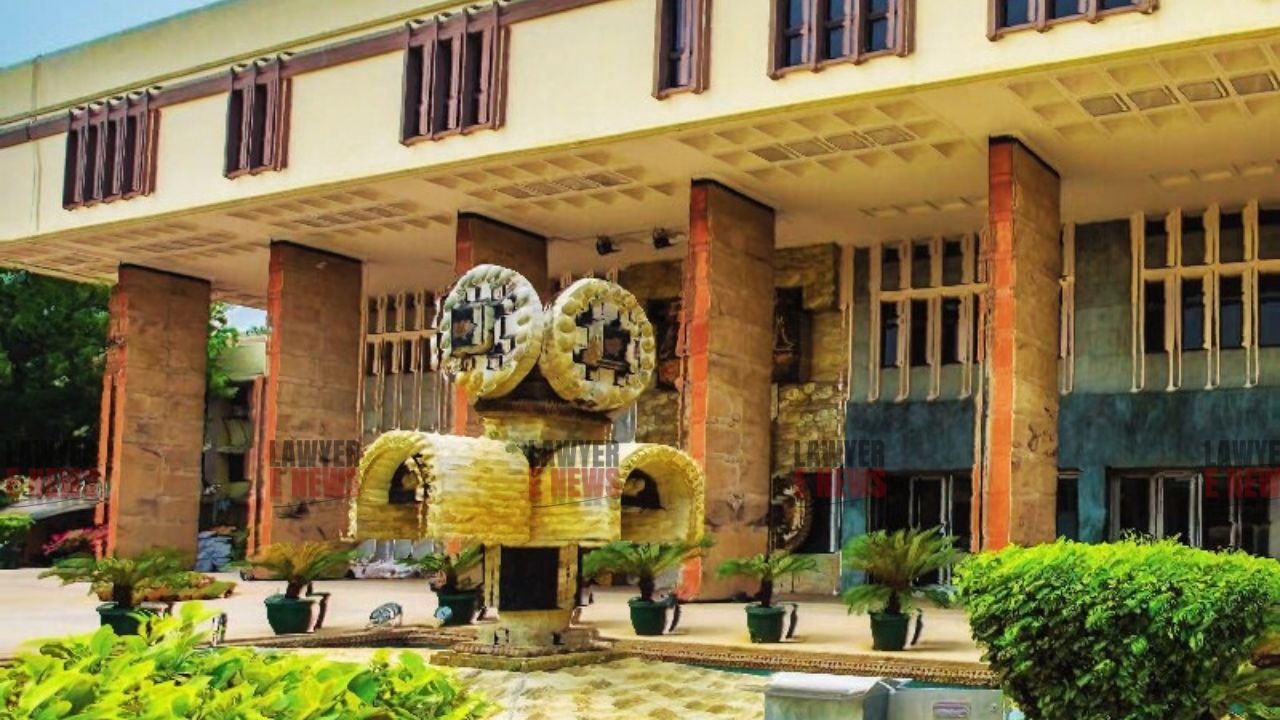-
by Admin
17 December 2025 8:55 AM



The Delhi High Court dismissed an appeal filed by Railtel Corporation of India Limited under Section 37(2)(a) of the Arbitration and Conciliation Act, 1996. The appeal challenged a procedural order by the sole arbitrator refusing to condone the delay in filing a counter-claim during arbitral proceedings. Justice Manmeet Pritam Singh Arora ruled that the rejection of the counter-claim was a procedural decision and did not involve the arbitrator’s jurisdiction under Section 16 of the Act, rendering the appeal non-maintainable.
The case arose from a dispute between Railtel and Primate Fibcom Limited over a contract under which the respondent provided services to the appellant. The respondent initiated arbitration under a definitive agreement, and the arbitral tribunal had set procedural timelines for filing claims, defenses, and counter-claims. Despite multiple extensions, Railtel failed to submit its counter-claim on time. It later sought condonation of delay and admission of the counter-claim during the stage of final arguments. The arbitrator declined the request, citing procedural disruption and the advanced stage of the proceedings.
The appellant argued that the arbitrator’s refusal amounted to declining jurisdiction, falling under Section 16 of the Arbitration Act, and was appealable under Section 37(2)(a). Railtel submitted that its counter-claim represented a substantive right and could not be rejected without adjudication. Citing the Supreme Court’s decision in National Thermal Power Corporation Ltd. v. Siemens Atkeingesekkschaft, the appellant asserted that a refusal to exercise jurisdiction was an appealable order.
The court rejected this argument, stating that the procedural rejection of a counter-claim for being filed late does not equate to declining jurisdiction. Justice Arora observed, “The arbitrator exercised procedural discretion under Section 19 of the Act to manage the proceedings. The rejection of the counter-claim at a belated stage to avoid procedural disruption cannot be construed as a jurisdictional determination under Section 16.”
The court noted that the arbitrator’s decision neither precluded the appellant from raising the counter-claim in independent arbitration nor adjudicated it on merits. Referring to Vil Rohtak Jind Highway Pvt. Ltd. v. NHAI, the court held that procedural orders are not appealable under Section 37, which provides a limited right of appeal strictly confined to the enumerated categories in the statute.
Justice Arora emphasized that Section 16 deals with jurisdictional questions related to the existence or validity of the arbitration agreement or the arbitrator’s authority. “The arbitrator’s refusal to condone delay in filing the counter-claim does not involve a jurisdictional plea as envisaged under Section 16(2) or 16(3). The appellant’s contention that the order declined jurisdiction is factually and legally unsustainable.”
The court further clarified that the rejection of the counter-claim did not amount to an interim award under Section 2(1)(c) of the Act and thus could not be challenged under Section 34. Highlighting the independence of counter-claims in arbitration, the court stated, “The appellant’s right to pursue the counter-claim remains intact. It may initiate separate arbitration proceedings for adjudication of its counter-claim.”
In dismissing the appeal, the court affirmed that procedural orders issued by arbitrators under Section 19 are within their discretion and cannot be interfered with unless shown to be perverse or contrary to law. “The refusal to condone delay and admit the counter-claim is a procedural decision aimed at ensuring the expeditious disposal of the matter. Such orders are outside the scope of appeal under Section 37(2)(a),” the judgment concluded.
The decision underscores the limited scope of appellate intervention in arbitration proceedings, emphasizing the autonomy of arbitrators in procedural matters and the statutory framework designed to promote the expeditious resolution of disputes.
Date of Decision: December 9, 2024
